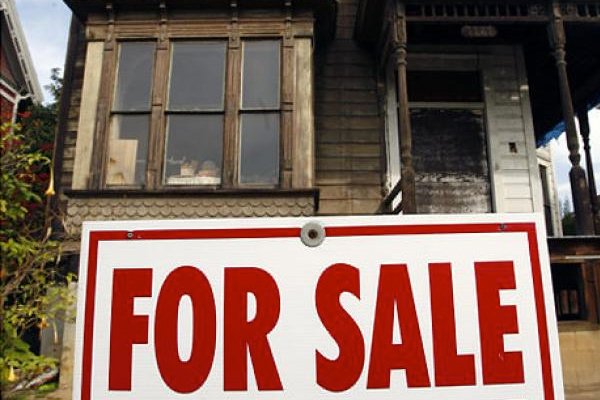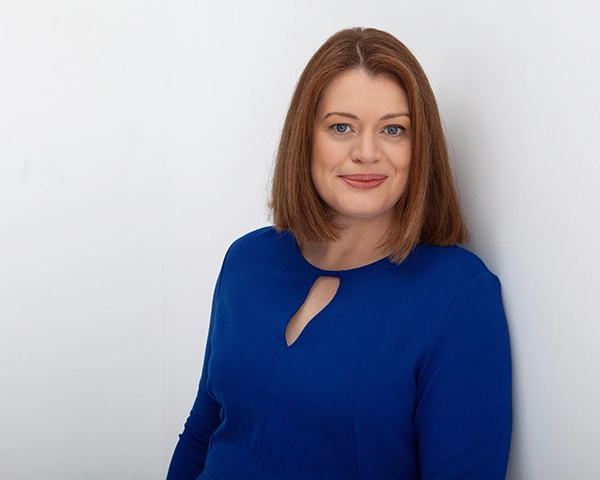Buying a Secondhand House in Ireland
Blanchardstown, Castleknock, Dublin City Centre
Buying a Secondhand House in Ireland
Buying a secondhand house in Ireland is a different process than purchasing a new house. The principal of caveat emptoror buyer beware still very much applies to secondhand house purchases and to ensure that you know exactly what you are purchasing.
There is no substitute for a thorough survey report of the property to avoid any future unforeseen problems arising that you may have been unaware of, which could lead to planning complications.
Complications that can arise when Buying a Secondhand House in Ireland
- Heating problems
- Poor insulation
- Poor ventilation
- Illegal extensions
- Additions to the property.
It is advisable for you to retain your own architect or surveyor to carry out a structural survey of the secondhand house, and you should deal directly with your Architect or Surveyor in this regard. If you are a first-time buyer of a secondhand house read our guide below.
10-STEP GUIDE TO BUYING A SECONDHAND HOUSE IN IRELAND
1. Booking Deposit
Once you have paid your booking deposit you will need to give your conveyancing solicitor’s name to the auctioneer in order that they may instruct the solicitors for the vendor (Seller) to forward us the Contracts for Sale and vouching documentation.
2. Loan Approval
In the meantime, you should be attending to the matter of Loan Approval and you will need to instruct your Mortgage Broker / Lender of the full purchase price, the property address, and your Solicitor details in order that they issue the complete letter of offer of loan approval (i.e. not loan approval in principle). The Bank will generally conduct now a valuation of the property before the loan offer issues.
3. Planning Issues
It is important at this time that you make enquiries as to the planning in the area and the likely future development of the locality.
The best way to find out this information is to enquire personally with the Planning Department of the Local Authority offices to inspect the planning file and ascertain the development plan, the zoning of the area, and any planning application in the local area that may affect the property.
At the relevant Planning Department, you can inspect and ascertain the following:
- The Planning File
- The Development Plan
- The zoning of the area
- Road development
- Planning Applications in the local area
You should attend to any planning queries you may have before the execution of contracts.
Once you execute contracts you will be bound to purchase the property and as you intend on making the locality your home for many years to come it is important that you are satisfied with any proposed development for the locality.
In April 2012 the Department of the Environment, Community, and Local Heritage launched myplan.ie providing free access to zoning in some developments and local area plans.
You may wish also to visit this information service to view what information is available there regarding matters such as flooding, census, and other information that may be of assistance if it covers the area where you intend to purchase.
4. Property Survey
We strongly advise at this stage that you engage an Architect, Engineer, or Surveyor to conduct a full and thorough survey of the property and its maps. This will help avoid any future unforeseen problems arising that you may have been unaware of such as heating problems, poor insulation or ventilation, illegal extensions, or additions to the property which could lead to planning complications.
We also strongly advise you to consult an architect to deal with any issues relating to planning permissions for any development that has taken place OR may take place, during or following the sale.
You also need to check the planning issues for the surrounding areas, as these may affect the property being sold.
Likewise, if there are issues relating to engineering matters such as mapping or the laying of pipes arise, these should be dealt with by an engineer.
5. Examination of the Title
Once we receive contracts, we read the title and raise any queries regarding it with the solicitors acting for the vendor. When all queries are addressed and when your written loan approval is to hand, we will contact you we will make an appointment for you to attend at our Blanchardstown office for the purpose of executing Contracts for Sale and payment of the balance deposit.
6. Signing of Contract
When the contracts and balance deposit are returned to the vendor’s solicitors, the agreement to purchase is binding. The contracts are then countersigned by the Vendor with their Solicitor and one part returned to our office whereupon the contract is binding upon all parties to the transaction.
7. Transfer of Title
Further legal work then takes place between the Vendor’s Solicitor and the Purchaser’s Solicitor to prepare for the transfer of the title and legal ownership to you.
8. Lodging Title with your bank
If you are borrowing, your solicitors submit further legal documentation in connection with the loan to your bank. This includes a report on the title to the bank and undertaking to deposit the title deeds and Certificate of Title with the bank on drawdown of the loan as well as registration of the change of ownership.
9. Getting your mortgage cheque
You must attend directly with your bank/building society to ensure that all items necessary are in place to have your loan cheque issued in time for closing. Also ensure that your direct debit mandate, mortgage protection, house insurance, etc. are in place. The balance of the monies towards the purchase of the property should also be organised in anticipation of the closing date.
10. Getting your keys!
We will then arrange to draw down your loan cheque and make arrangements with the vendors’ solicitors for the completion of this transaction at which time our fees will be payable and you will get the keys to your new home!
Get your conveyancing quote now by calling our Blanchardstown office on 01-8272888 or use the quick enquiry form to find out more about buying a secondhand house in Ireland for a first-time buyer from our conveyancing solicitors.

Please look to our conveyancing practice areas to find the solution for your particular need.
Buying a New Property >
Buying a Secondhand Property >
Selling & Buying at Same Time >
Your Expert Conveyancing Claims Legal Team in Blanchardstown
At Carmody Moran Solicitors in Blanchardstown, our experienced conveyancing solicitors are on hand to advise and skilled in handling the process of buying a secondhand house in Ireland.
The two partners of Carmody Moran Solicitors in Blanchardstown have a combined total of in excess of twenty-five years of professional legal experience. Together with their associates, they aim to make the Court process as straightforward and navigable as possible while being on hand to alleviate their clients’ concerns and worries about going through the Court process.
Anthony Carmody
Anthony Carmody is one of the founding Partners of Carmody Moran Solicitors.
He has significant experience in personal injury cases and general litigation having handled literally thousands of cases on behalf of clients based in Ireland and abroad.
Niamh Moran
Partner
Niamh Moran is one of the founding partners of Carmody Moran Solicitors and is a solicitor with wide ranging experience across all areas of general practice.
Niamh manages the family law, conveyancing in Dublin, and probate divisions of the practice. Niamh’s practice of law is extremely varied and she is regularly sought out for her expertise by clients and colleagues alike.
*While we have made every effort to provide accurate information, the law is always changing and it affects each person differently. This information is not a substitute for specific advice about you personally and it is not intended as legal advice. We will not be liable to you if you rely on this information. In contentious business, a solicitor may not calculate fees or other charges as a percentage or proportion of any award or settlement. This statement is made in compliance with Reg.8 of SI 518 of 2002.
You should note that no solicitor/client relationship or duty of care or liability of any nature shall exist or be deemed to exist between Carmody Moran Solicitors and you until you have received a written letter of engagement from us in which we confirm our appointment as your Solicitors.
INDEPENDENT GOOGLE CLIENT REVIEWS

